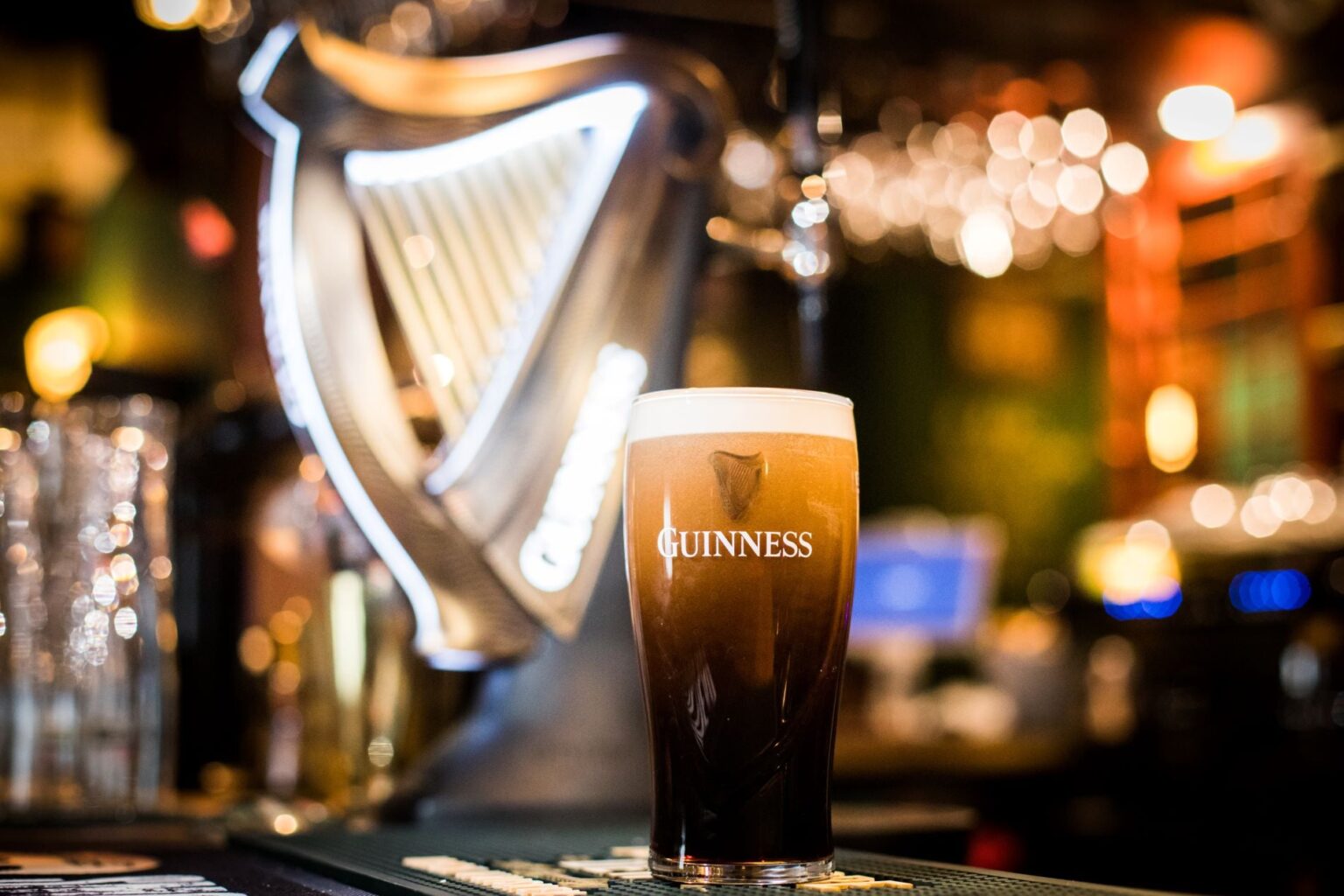Is it the biggest crisis facing British pubs? Perhaps not, but it might be the most ill-timed. Pub landlords are facing soaring energy costs, crippling minimum wage rises, and the fallout from an Autumn Budget that left hospitality leaders reeling. And now, they’ve run out of Guinness.
Suppliers have been forced to ration orders of the black stuff to British pubs after soaring customer demand left them with empty kegs. According to the drinks brand’s owner, Diageo, Guinness was Britain’s number one selling beer by value in the second half of 2024.
For struggling UK pubs, the demand is a double-edged sword. It might mean more sales, but the shortage is leaving some sites unable to meet customer needs. Why has Guinness taken off? And how do you stop your star product from becoming your biggest liability?
Guinness pulls ahead
Guinness has often been thought of as a marmite drink: consumers either love it or hate it. But at some point this year, the lovers appear to have drunk the haters under a table.
In YouGov’s popularity rating, Guinness scored 98% in October 2024, up from 95% in January. That puts it behind San Miguel lager in the alcoholic beverage category, and makes it the most loved beer overall in the UK.
Guinness is even helping us to find love. Last Sunday, a friend told me it is now the brand they see referenced most in dating app profiles, as singles apparently seek out a partner with similar interests in stout.
Suppliers have been forced to respond by limiting the number of kegs rolled out to British pubs this year (rightly, taprooms on the island of Ireland will not have limits imposed).
“Over the past month we have seen exceptional consumer demand for Guinness in Great Britain. We have maximized supply and we are working proactively with our customers to manage the distribution to trade as efficiently as possible,” a Diageo spokesperson said.
Sceptics may wonder: is this a genuine crisis or PR move? It’s more likely the former. Sales reports show that the stout has gone off the charts this year. Even sales for the alcohol-free Guinness 0.0 have doubled during Diageo’s last financial year in Europe.
From TikTok to taprooms
F&B experts have been writing op-eds for days about what’s behind Guinness’ newfound glory. Some point to celebrity alcohol endorsements. Singer Olivia Rodrigo has been pictured wearing an ‘I ❤️ Guinness’ t-shirt. Kim Kardashian was apparently pictured sipping a St. Patrick’s Day pint in a pub in London back in March.
Diageo may have contributed to its own destruction. The brand has also poured money into influencer marketing in the past few years which has helped it to target the TikTok audience.
Still, much of the success has been organic. Splitting the ‘G’, a pub game played by drinkers of the black stuff has been repurposed as a viral trend for social media users, alongside joke ‘quality check’ videos such as the Guinness Finger Test, Foam Test, and Tilt Test.
It’s the kind of amateur, homegrown marketing style that has helped other traditional brands such as Greggs and M&S to capture younger audiences.
Could it also be the luck of the Irish? From the band Kneecap to author Sally Rooney, Ireland has dominated pop culture this year. And, similar to how the Oasis reunion revived bucket hats, demand for the emerald island appears to have trickled into purchasing habits.
The highs and lows of hot products
Guinness is unlikely to dry up any time soon for pubs. But Guinness-gate does bring lessons for SMEs. Having a sellout product that consumers suddenly flock to is what every business owner wishes for. And when it leads to empty shelves, it can be both a blessing and a curse.
Managing stock supplies is a big challenge for brick-and-mortar businesses. The best way to keep an eye on inventory is to create a stock forecast. This involves utilising historical sales data and market trends to predict future demand accurately.
You can also find a hospitality POS system with inventory management features. This can help you to adopt more efficient stocking systems such as the just-in-time method. Diversifying the supply chain to minimise the impact of disruption is another option.
With the pressure on Guinness taps, for example, pubs could introduce other dark beers to the bar to serve this emerging market of stout-sippers.




